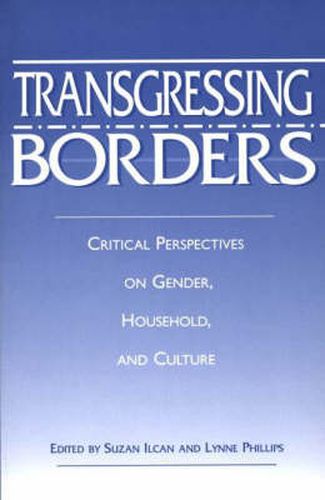Readings Newsletter
Become a Readings Member to make your shopping experience even easier.
Sign in or sign up for free!
You’re not far away from qualifying for FREE standard shipping within Australia
You’ve qualified for FREE standard shipping within Australia
The cart is loading…






This critical perspective on prison education is a marked departure from a literature dominated by descriptions of the criminal mind and correctional education strategies to cure it. Davidson’s contributors are prisoners or former prisoners who finished their schooling in prison, some taking advanced degrees, or social scientists who taught in prisons but are not professional correctional educators. Conventionally, prison education is about correcting cognitive deficiencies and improving job opportunities. Here the issues are schooling as surveillance, as politics, and as a means to reconstruct a historical consciousness that remembers personal histories. The essays examine prison schools as they originated and developed, identify processes of differentiation and segregation, expose contradictions, and recount occurrences of prison resistance. There are chapters on prison education as critical pedagogy, literacy and higher education, women prisoners and education, and the irony that most prisoners believe in the American Dream while often being victims of socioeconomic inequity.
$9.00 standard shipping within Australia
FREE standard shipping within Australia for orders over $100.00
Express & International shipping calculated at checkout
This critical perspective on prison education is a marked departure from a literature dominated by descriptions of the criminal mind and correctional education strategies to cure it. Davidson’s contributors are prisoners or former prisoners who finished their schooling in prison, some taking advanced degrees, or social scientists who taught in prisons but are not professional correctional educators. Conventionally, prison education is about correcting cognitive deficiencies and improving job opportunities. Here the issues are schooling as surveillance, as politics, and as a means to reconstruct a historical consciousness that remembers personal histories. The essays examine prison schools as they originated and developed, identify processes of differentiation and segregation, expose contradictions, and recount occurrences of prison resistance. There are chapters on prison education as critical pedagogy, literacy and higher education, women prisoners and education, and the irony that most prisoners believe in the American Dream while often being victims of socioeconomic inequity.